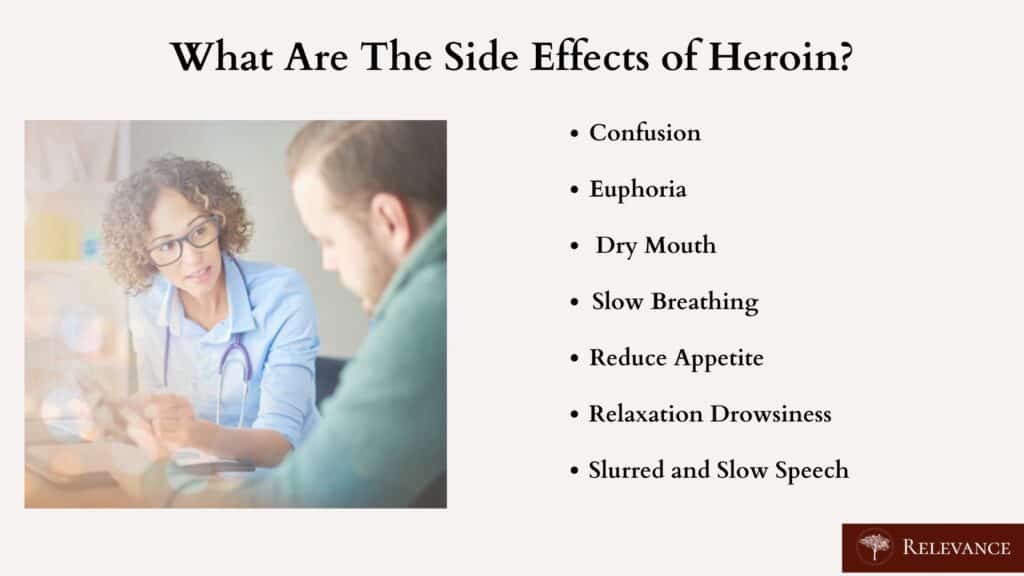The Benefits of Heroin Treatment in New Jersey
Are you or someone you know struggling with heroin addiction? It’s time to take control and reclaim your life. Heroin treatment in New Jersey offers a lifeline for those battling addiction. With its comprehensive and evidence-based approach, heroin treatment can provide the necessary support and tools to help individuals overcome their addiction holistically.
One of the key benefits of seeking heroin treatment in New Jersey is access to a wide range of treatment options. From medically assisted detoxification to individual counseling and therapy, these programs are tailored to meet the unique needs of each individual. Additionally, New Jersey boasts a supportive and understanding community of professionals who are dedicated to helping individuals overcome addiction and live fulfilling lives.
Choosing to embark on a heroin treatment journey can be daunting, but the rewards are immeasurable. Not only does it provide an opportunity for physical healing, but it also addresses the underlying emotional and psychological factors that contribute to addiction. Through therapy and counseling, individuals can gain a better understanding of their addiction and develop healthy coping mechanisms for a successful recovery.
Understanding Heroin Addiction
Heroin addiction is a complex and devastating disease that affects individuals from all walks of life. It is a highly addictive opioid drug that rapidly binds to receptors in the brain, leading to intense feelings of euphoria and relaxation. Over time, regular heroin use can cause severe physical and psychological dependence, making it incredibly difficult to quit without professional help.

The importance of seeking treatment
Seeking treatment for heroin addiction is a crucial step toward recovery. It takes immense courage to admit that you have a problem and ask for help, but it is the first step towards reclaiming your life. Heroin treatment in New Jersey offers a compassionate and supportive environment where individuals can receive the care and treatment they need to overcome their addiction.
Heroin Treatment Options
One of the key benefits of seeking heroin treatment in New Jersey is the wide range of treatment options available. Each individual is unique, and their journey to recovery should be tailored to meet their specific needs. Heroin treatment programs in New Jersey offer a comprehensive approach that includes medically assisted detoxification, individual counseling, group therapy, and alternative therapies such as art or music therapy.
Benefits of Heroin Treatment in New Jersey
Choosing to embark on a heroin treatment journey in New Jersey comes with numerous benefits. Firstly, the state boasts a supportive and understanding community of professionals who are dedicated to helping individuals overcome addiction and live fulfilling lives. The treatment centers in New Jersey provide a safe and nurturing environment where individuals can heal and rebuild their lives.
Additionally, heroin treatment in New Jersey focuses not only on the physical aspect of addiction but also addresses the underlying emotional and psychological factors that contribute to addiction. Through therapy and counseling, individuals can gain a better understanding of their addiction and develop healthy coping mechanisms to maintain long-term recovery.
Finding the right treatment center
Finding the right treatment center is essential for a successful recovery. When choosing a heroin treatment center in New Jersey, it’s important to consider factors such as the center’s accreditation, treatment approaches offered, success rates, and aftercare support. It’s crucial to find a treatment center that aligns with your values and offers a comprehensive and personalized treatment plan.
The role of therapy in heroin treatment
Therapy plays a crucial role in heroin treatment as it helps individuals address the underlying issues that contribute to addiction. Individual counseling allows individuals to explore the root causes of their addiction, identify triggers, and develop healthy coping mechanisms. Group therapy provides a supportive community where individuals can share their experiences, gain insights, and learn from others who have overcome similar challenges.
Support Systems for Recovery
Recovering from heroin addiction requires ongoing support and a strong support system. Heroin treatment centers in New Jersey understand the importance of a supportive environment and offer various support systems to aid individuals in their recovery journey. This can include support groups, alumni programs, and aftercare services to ensure individuals have the necessary resources and guidance for long-term sobriety.
Overcoming the Stigma of Heroin Addiction
One of the barriers to seeking treatment for heroin addiction is the stigma associated with it. Many individuals feel shame and fear judgment, which prevents them from reaching out for help. However, it’s important to remember that addiction is a disease, not a moral failing. Heroin treatment centers in New Jersey provide a nonjudgmental and understanding environment, free from stigma, where individuals can receive the help they need without fear of discrimination.
Conclusion: Taking the first step towards reclaiming your life
Recovering from heroin addiction is not an easy journey, but it is possible. Heroin treatment in New Jersey offers a comprehensive and supportive approach to help individuals overcome their addiction and reclaim their lives. By seeking treatment, individuals can access a wide range of treatment options, receive therapy and counseling, and build a strong support system for long-term recovery. Don’t let heroin addiction hold you back any longer. Reach out for help and embrace the benefits of heroin treatment in New Jersey. It’s time to reclaim your life.









